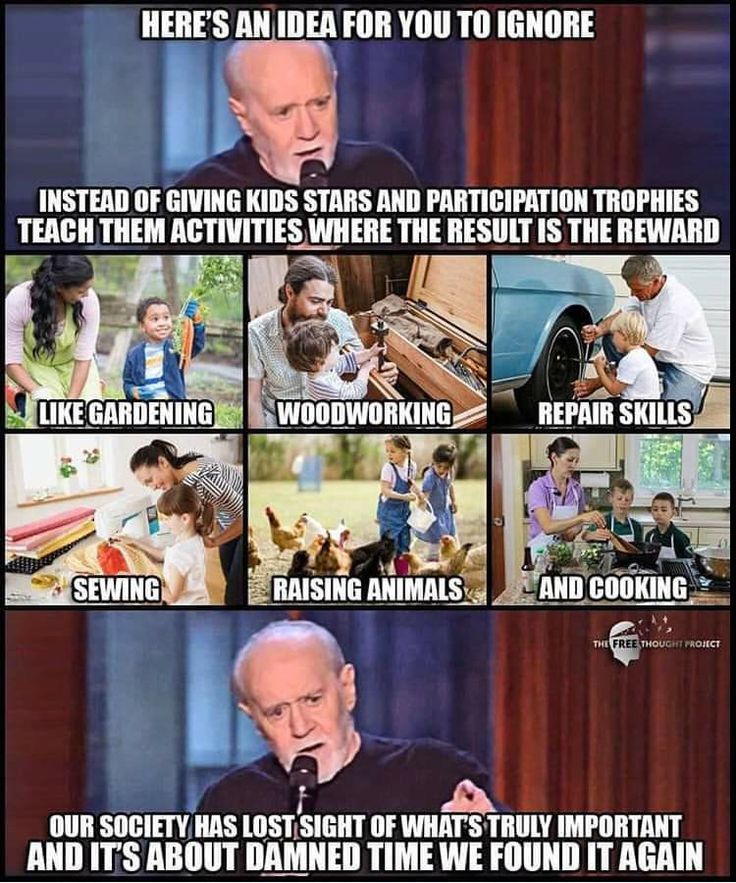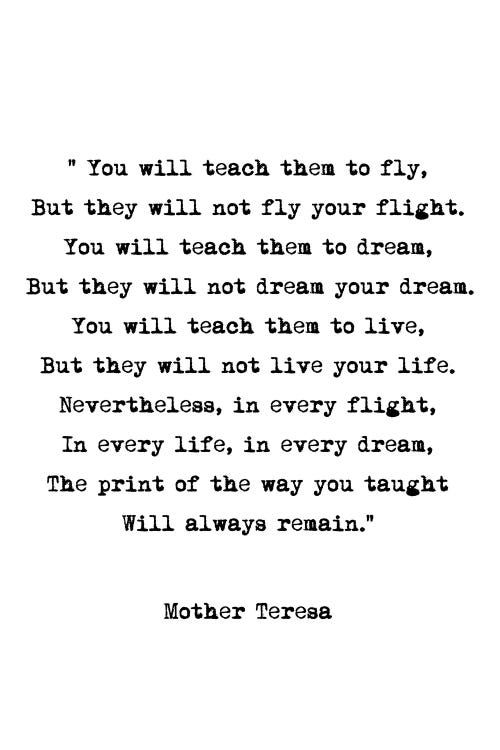“The job of the teacher is to create the conditions for the student to explore their incompetence long enough to learn something useful.”
Seth Godin | Read Matt’s Blog on this quote ➜
“The rest of my teachers maybe did the best they could, but they just needed a lot of help making their best better. There were so many things we needed in those classrooms, in our city, in our state, in our country that our teachers could have provided if they would have gone home and really done their homework. They never once said the words: ‘economic inequality,’ ‘housing discrimination,’ ‘sexual violence,’ ‘mass incarceration,’ ‘homophobia,’ ’empire,’ ‘mass eviction,’ ‘post traumatic stress disorder,’ ‘white supremacy,’ ‘patriarchy,’ ‘neo-confederacy,’ ‘mental health,’ or ‘parental abuse,’ yet every student and teacher at that school lived in a world shaped by those words.”
Kiese Laymon, Heavy (Page 114)
“College can help you be externally successful in life but you have to find ways to be internally successful too. Finding ways to cultivate you inner balance, your peace, and your mental clarity are just as important as getting a good job. When I started meditating daily, it helped my mind feel more peaceful and it opened up my creativity. It also helped deepen my relationship with my wife and friends and family. I didn’t know I was a writer until I started meditating. Even if meditating is not your thing, your inner peace requires you to develop self-awareness, which will help you be less reactive. Find your own way to be self-reflective – journaling, therapy, mindfulness, there is a lot out there that can help you get in touch with your emotional history and your inner world.”
Yung Pueblo
“We pretend that so many courses, so many credits, so many hours in a classroom, so many books read add up to an education. The same is true of research, on which we now spend billions of dollars annually. We seem immensely satisfied with the outer husk of the enterprise—the number of dollars spent, the size of laboratories, the number of people involved, the fine projects outlined, the number of publications. Why do we grasp so desperately at externals? Partly because we are more superficial than we would like to admit. Perhaps partly because we are too lazy or too preoccupied to go to the heart of the problem. But also because it is easier to organize the external aspects of things. The mercurial spirit of great teaching and great scholarship cannot be organized, rationalized, delegated or processed. The formalities and externals can.”
John W. Gardner, Self-Renewal (Page 82)
“Nothing is more vital to the renewal of an organization (or society) than the system by which able people are nurtured and moved into positions where they can make their contribution. In an organization this implies effective recruitment and a concern for the growth of the individual that extends from the earliest training stages through the later phases of executive development. For a society it implies the correction of social and economic conditions that blight and smother talent in childhood; a deeply rooted tradition—going far beyond formal schooling—of the full development of individual potentialities; and the existence of social mobility such that talent from any segment of the population may move freely into significant roles in the society.”
John W. Gardner, Self-Renewal (Page 76)
“Specialization is biologically, socially and intellectually necessary. The highest reaches of education will always involve learning one thing in great depth. The great artist or scientist often achieves the heights of performance through intensive cultivation of a narrow sector of his potentialities.”
John W. Gardner, Self-Renewal (Page 24)
“All too often we are giving our young people cut flowers when we should be teaching them to grow their own plants. We are stuffing their heads with the products of earlier innovation rather than teaching them to innovate. We think of the mind as a storehouse to be filled when we should be thinking of it as an instrument to be used.”
John W. Gardner, Self-Renewal (Page 21)
“The relation of education to the level of motivation in the society is more direct than most people recognize. The goals the young person sets for himself are very heavily affected by the framework of expectations with which adults surround him. The educational system provides the young person with a sense of what society expects of him in the way of performance. If it is lax in its demands, then he will believe that such are the expectations of his society. If much is expected of him, the chances are that he will expect much of himself. This is why it is important that a society create an atmosphere that encourages effort, striving and vigorous performance.”
John W. Gardner, Self-Renewal (Page 20)
“We can gain a lot of clarity if we insert the right words into daily conversation. ‘That’s a good college,’ is more accurately stated as, ‘that’s a famous college.’ Or perhaps, ‘That person is beautiful,’ might be better as, ‘that person is conventionally beautiful.’ So many choices and measures seem obvious. But the obvious part might come from the fact that they are simply conventional and famous, not obvious or useful.”
Seth Godin
“When we raise our expectations for a student, a friend or a co-worker, we open the door to possibility. We offer them dignity and a chance to grow. We are offering them trust. But if we become attached to those expectations, if the expectation unmet leads us to distress or unhappiness, then that attachment undermines the very reason we created the expectation in the first place.”
Seth Godin
“As a therapist, I know that though the patient learns, I do not teach. Furthermore, what is to be learned is too elusively simple to be grasped without struggle, surrender, and experiencing of how it is.”
Sheldon B. Kopp, If You Meet Buddha On The Road, Kill Him! (Page 7)
“How many of us are good at spotting the feedback that’s saying, ‘Hey this is not working for you?’ How many of us make the same mistakes over and over, have been stuck in the same unproductive patterns for years, refusing to be taught by experience? How many of us are actively looking at models (as Seneca said, choosing ourselves a Cato) and being instructed by their example as we face new situations? How often are our beliefs changing, being updated to fit new information as it is provided by what we witness and undergo? Learning is so much more than what happens in books, so much than just facts and figures. It’s more than just what we seek out or want to hear. Life is a classroom. Experience is a teacher. Are we willing to be taught?”
Ryan Holiday
“In addition to reading, writing, and arithmetic, all kids need to learn self-awareness, self-regulation, and communication as part of their core curriculum. Just as we teach history and geography, we need to teach children how their brains and bodies work. For adults and children alike, being in control of ourselves requires becoming familiar with our inner world and accurately identifying what scares, upsets, or delights us.”
Bessel van der Kolk, The Body Keeps The Score (Page 356) | ★ Featured on this book list.
“I often hear phrases like, ‘If you don’t take action on what you learn, it’s pointless.‘ I think it’s bullshit. From late 2016 to 2020, I binged around 130 self-development books and hours of Tim Ferriss Show podcast episodes. I took direct action, maybe on 0.5% of the advice I heard. But the real change happened with my beliefs. Hearing stories, struggles, and behind-the-scenes from various people who did dope shit stretched my thinking of what’s possible.”
Janis Ozolins
“Teachers who expect greater things from their pupils can, without ever saying anything, have a positive effect on their work and grades. By feeling particularly excited when you’re meeting someone, you will communicate this to him or her in a powerful way.”
Robert Greene, The Daily Laws (Page 301)
“Remember, I am no teacher; I can merely be a signpost for a traveler who is lost. It is up to you to decide on the direction. All I can offer is an experience but never a conclusion, so even what I have said needs to be thoroughly examined by you. I might be able to help you discover and examine your problem by awakening your awareness of their cause and effect, but I cannot teach you, for I am not a teacher, and I have no style. I don’t believe in a system, nor in a method. And without system, without method, what’s to teach?”
Bruce Lee, Striking Thoughts (Page 90)
“A teacher, a good teacher that is, functions as a pointer to truth, but not a giver of truth. He employs a minimum of form to lead his student to the formless. Furthermore, he points out the importance of being able to enter a mold without being imprisoned by it, or to follow the principles without being bound by them.”
Bruce Lee, Striking Thoughts (Page 90)


